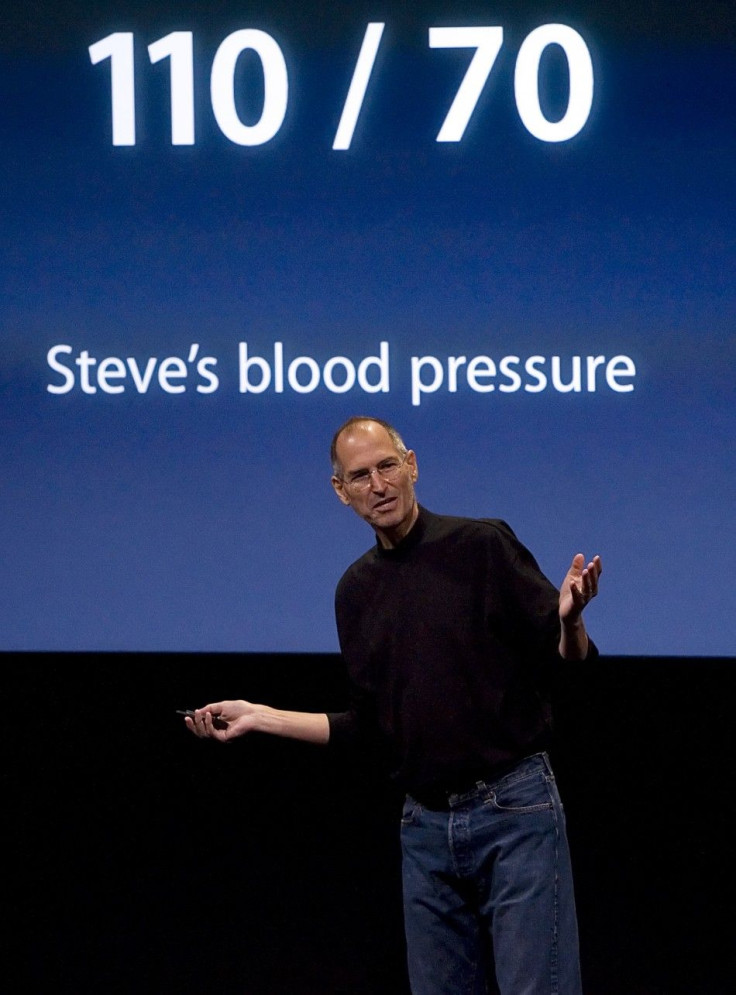Poor Sleep Increases High Blood Pressure Risk: Study

While missing out on deep sleep can leave a person feeling drowsy and even irritable the next morning, a new study suggests there are more serious health consequences associated with the deficiency.
Older men who do not spend enough time in slow wave sleep (SWS) may have up to an 80 percent increased risk of developing high blood pressure, according to new research published in Hypertension: The Journal of the American Heart.
SWS is one of the deeper stages of sleep and is characterized by non-rapid eye movement (REM). This stage of sleep, which is difficult to awake from, is represented by measured, synchronized brain waves called delta activity.
To understand how sleep characteristics are related to high blood pressure, researchers analyzed the health of 784 men who were at an average age of 75 over a three year period. All of the men - 90 percent of whom were Caucasian - were healthy and came from six different communities across the nation.
The men were studied in their own homes using standardized in-home sleep studies that measured brain wave activity and distinguished between REM and Non-REM sleep while also noting whether or not the participant suffered from sleep apnea. Researchers also assessed a wide range of other sleep disturbances such as frequency of breathing disruptions, time in each sleep state, the number of nighttime awakenings and sleep duration.
Researchers discovered that the men who spent less than 4 percent of their sleep time in SWS were considerably more likely to develop high blood pressure.
Our study shows for the first time that poor quality sleep, reflected by reduced slow wave sleep, puts individuals at significantly increased risk of developing high blood pressure, and that this effect appears to be independent of the influence of breathing pauses during sleep, said Susan Redline, M.D., the study's co-author and Peter C. Farrell Professor of Sleep Medicine in the Department of Medicine at Brigham and Women's Hospital.
Although the study did not include women, Redline said it is likely that those who have lower levels of SWS also have an increased risk of developing high blood pressure.
SWS is associated with learning and memory and also affects multiple physiological functions such as metabolism and neurohormonal systems, which in turn affect the sympathetic nervous system that contributes to high blood pressure.
People should recognize that sleep, diet and physical activity are critical to health, including heart health and optimal blood pressure control, Redline said.
About a quarter of Americans do not get enough sleep, according to the Centers for Disease Control and Prevention, which reports lack of sleep can lead to chronic illnesses such as diabetes and depression. In addition, insufficient sleep has also been linked to obesity in people of age group, which once again raises the risk for hypertension and other cardiovascular diseases.
© Copyright IBTimes 2024. All rights reserved.





















